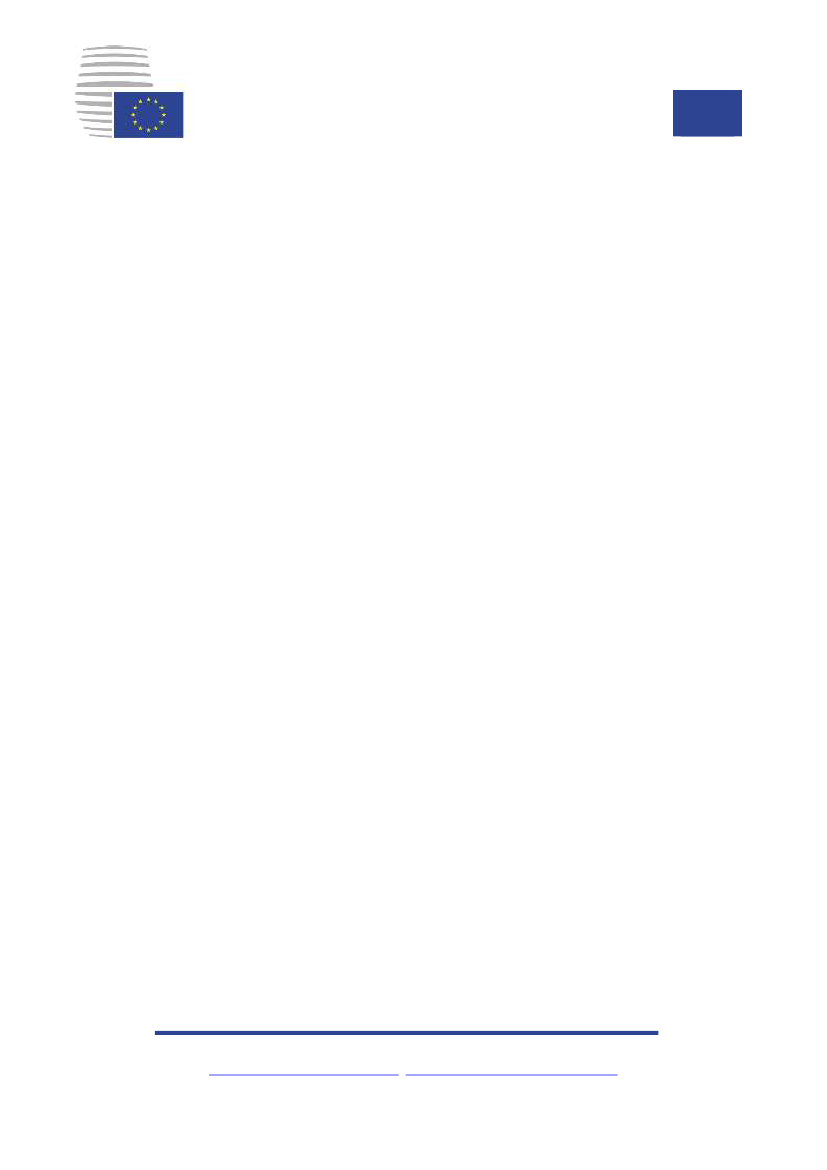
Council of the
European Union
14185/15
(OR. en)
EN
PRESSE 70
PR CO 62
OUTCOME OF THE COUNCIL MEETING
3427th Council meeting
General Affairs
Brussels, 17 and 18 November 2015
Presidents
Jean Asselborn
Minister for Foreign and European Affairs of
Luxembourg
Camille Gira
Secretary of State for Sustainable Development and
Infrastructure of Luxembourg
PRESS
Rue de la Loi 175 B – 1048 BRUSSELS Tel.: +32 (0)2 281 9773 / 6319 Fax: +32 (0)2 281 8026
[email protected] http://www.consilium.europa.eu/press
14185/15
1
EN